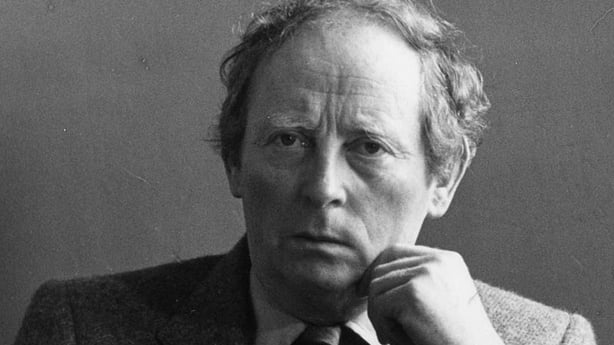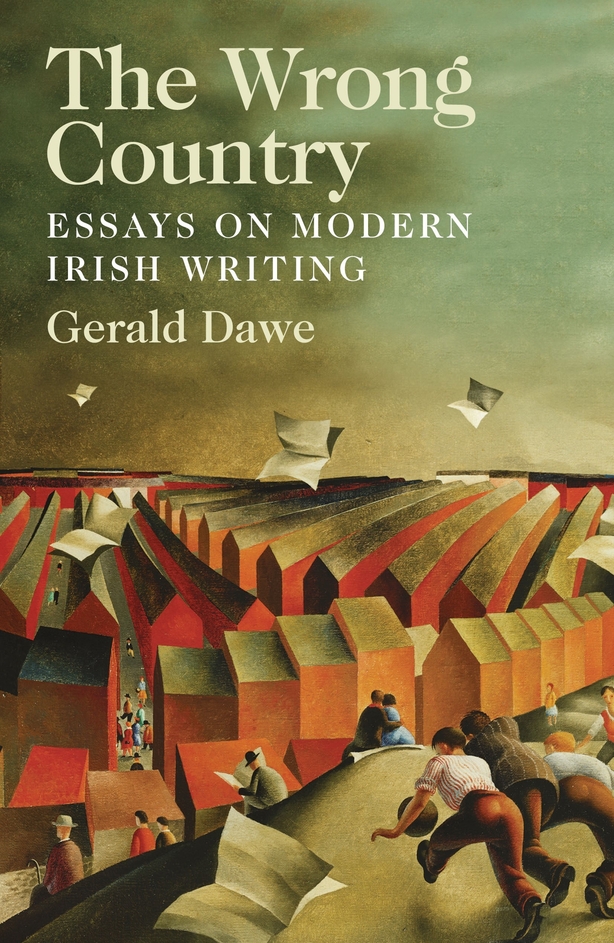In his new collection of essays, poet Gerald Dawe surveys the work of WB Yeats, Elizabeth Bowen, Samuel Beckett and Stewart Parker, along with reflections on contemporary poets Derek Mahon, Eavan Boland, Eiléan Ní Chuilleanáin and the work - fictional and non-fictional - of Colm Tóibín and John McGahern.
Writing on Yeats, he notes in passing how the relatively small group of `Protestant' Irish writers yielded no less than three Nobel Prize winners for literature, the other two being Samuel Beckett and George Bernard Shaw. "This is quote exceptional when one thinks about the global context and the likelihood of such a thing happening elsewhere, " he writes. Indeed, he draws `points of contact' between both Yeats and Beckett and argues that "the more one reads Beckett with Yeats in mind, the more compelling and lasting is Yeats's presence felt and heard."
He considers James Plunkett's somewhat overlooked Strumpet City - once so popular on library shelves - to be `a great novel' and the Dublin: One City, One Book choice for 2013 is the matter of the second chapter. Yeats once again is a presiding spirit hovering somehow over the dramatic tale of the Dublin lock-out of 1913. He is fascinating on the poetry of Derek Mahon.
"As a poetic chronicler of the world today, Mahon's displeasure and dissatisfaction is satirical, infuriated and resigned, " the author writes of his fellow Ulsterman.

The poet and critic is perceptive in his analysis of the fiction of John McGahern and the Leitrim man's love for and indebtedness in terms of the sense of rhythm in his sentences to a long list of poets, including William Carlos Williams and Patrick Kavanagh.
In the collection which runs to almost 300 pages, the TCD professor Emeritus also addresses the poetry of Eileán Ni Chuileanáin. The poet's elusiveness, he writes, "produces an extraordinary shadow;land of sugested landscapes, hinted-at conversations, real and imagined journeys retold by a crystal-clear poetic voice; once heard, never forgotten.' In these 14 essays - plus an epilogue - Gerald Dawe in truth shows himself to be an astute observer and surveyor of the wealth of twentieth century Irish literature.
Read an essay from The Wrong Country on the writer Leontia Flynn here








